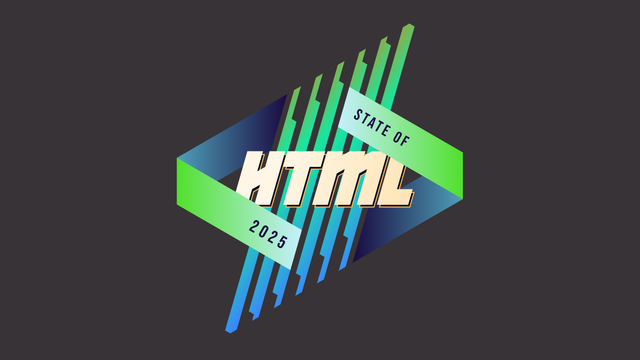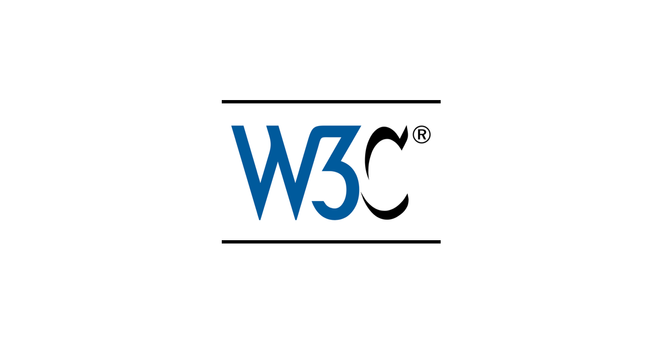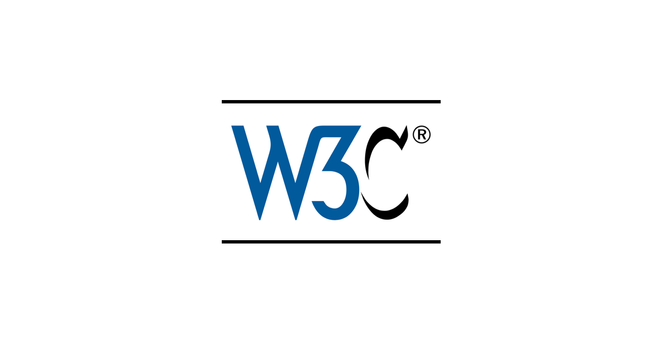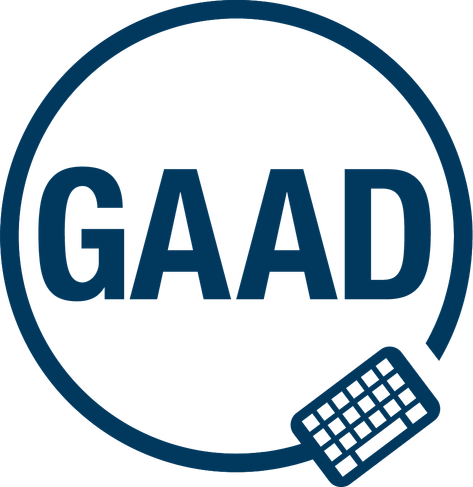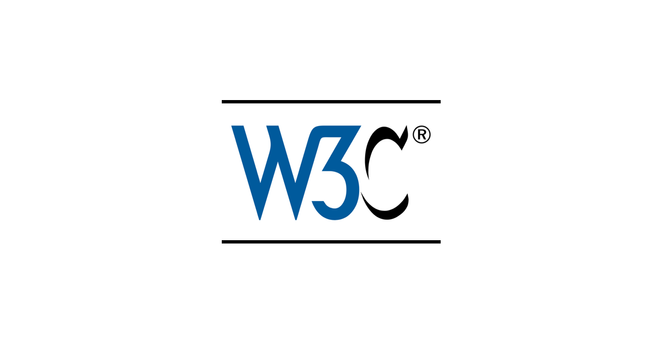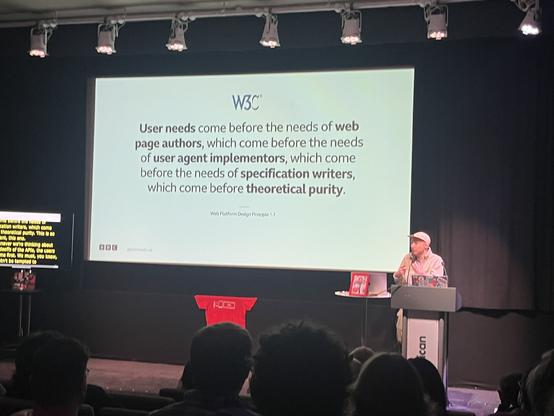🔥 I have news! After a 1y hiatus, I’m once again leading this year’s #StateOfHTML survey, thanks to generous funding by Google. ❤️
🙋🏽♀️ Is there is an HTML feature or Web API you're dying to see progress on? Suggest it and it could be included!
Browsers fund these surveys to see what matters to devs — so if others care too, it can really help. E.g. these surveys are the reason we have CSS Nesting.
⌛️ The survey is launching later this month, so time is of the essence!
